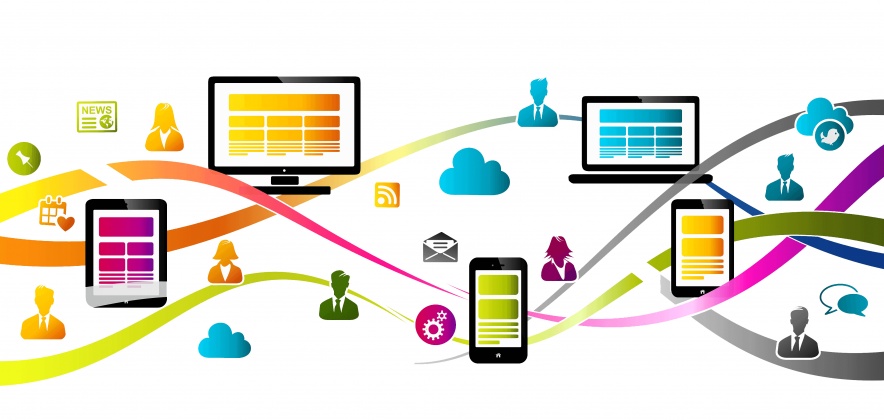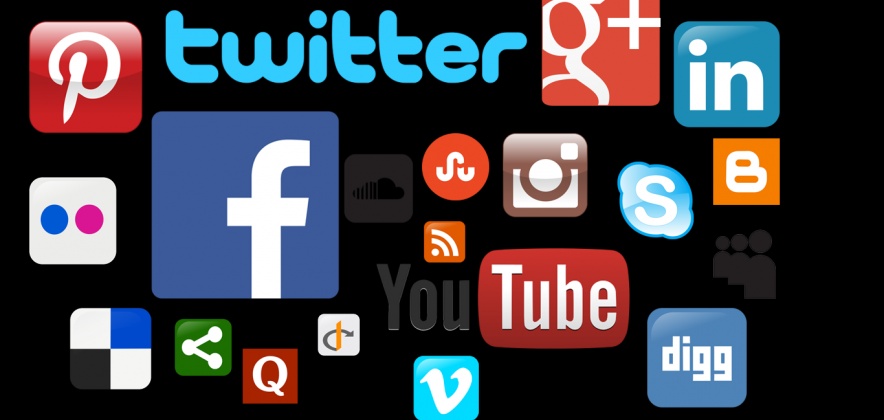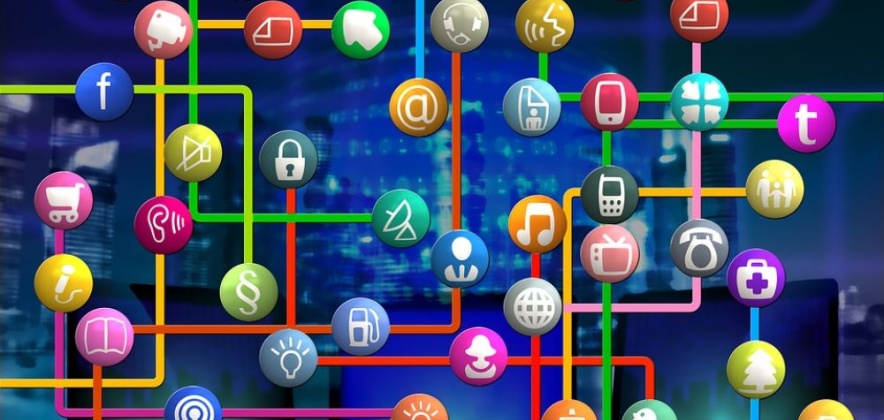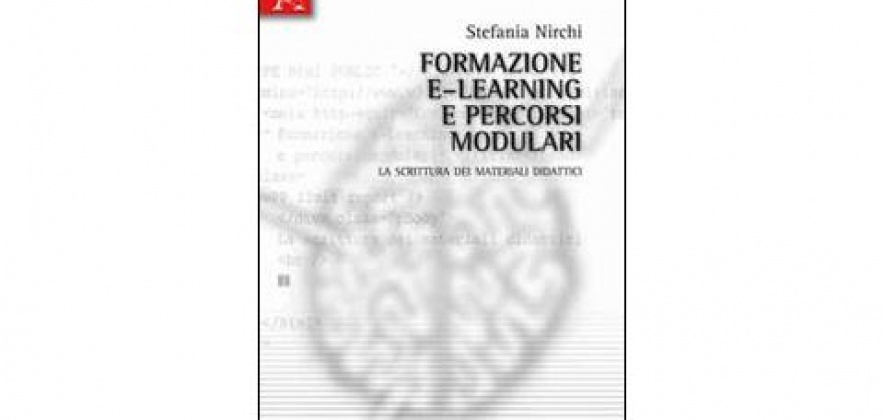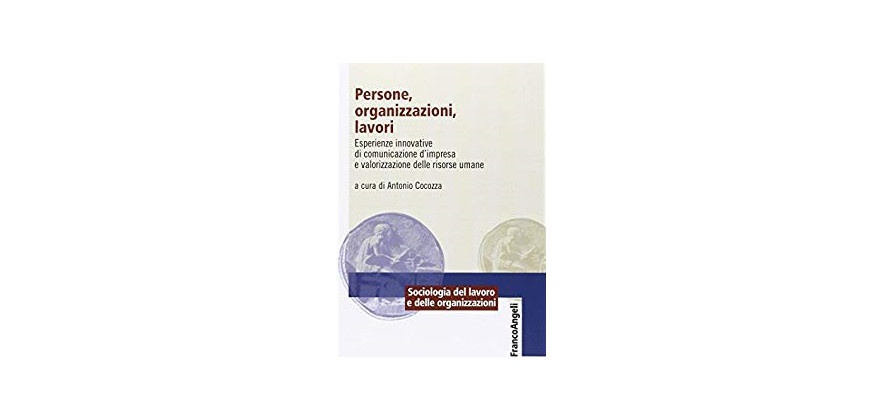
Abstract
Today there is a widely shared view concerning the importance of the promotion of Information Communication Technologies (ICT) in the educational area, thanks to the efforts undertaken by the European Community with the inception of the Bologna Process (1999) which assigns to ICT an important role in the promotion of Life Long Learning. The state of maturation of these technologies allows the development of learning environments inspired by different approaches. The spread of distance e-learning courses, of which the MOOCs are just the latest milestone, opens a significant debate on what should be considered for e-learning and its related quality standards. Scientific literature offers several contributions regarding the quality of e-learning. There can be no single view as the quality concept incorporates the "subjective", the "contextual" and the "objective” dimension and the issue can be explained in several ways, according to the perspective adopted. In this essay, we want to illustrate that any debate regarding the nature of e-learning standards cannot exclude a reflection regarding the quality of teaching and the importance of a positive interaction to analyse the online relationship in a virtual classroom.
 Classified "A" by ANVUR in the fields 11/D1, 11/D2 Scientific in the field 14.
Classified "A" by ANVUR in the fields 11/D1, 11/D2 Scientific in the field 14.

